
Brussels vastly overestimates EU ammunition production capacities
Research reveals a substantial discrepancy between the EU’s reported figures and the actual increase in munitions manufacturing capabilities.

Fast food a luxury for majority of Americans
A large majority of Americans now consider eating out at fast food restaurants a luxury and believe that the government should take action to regulate food prices.
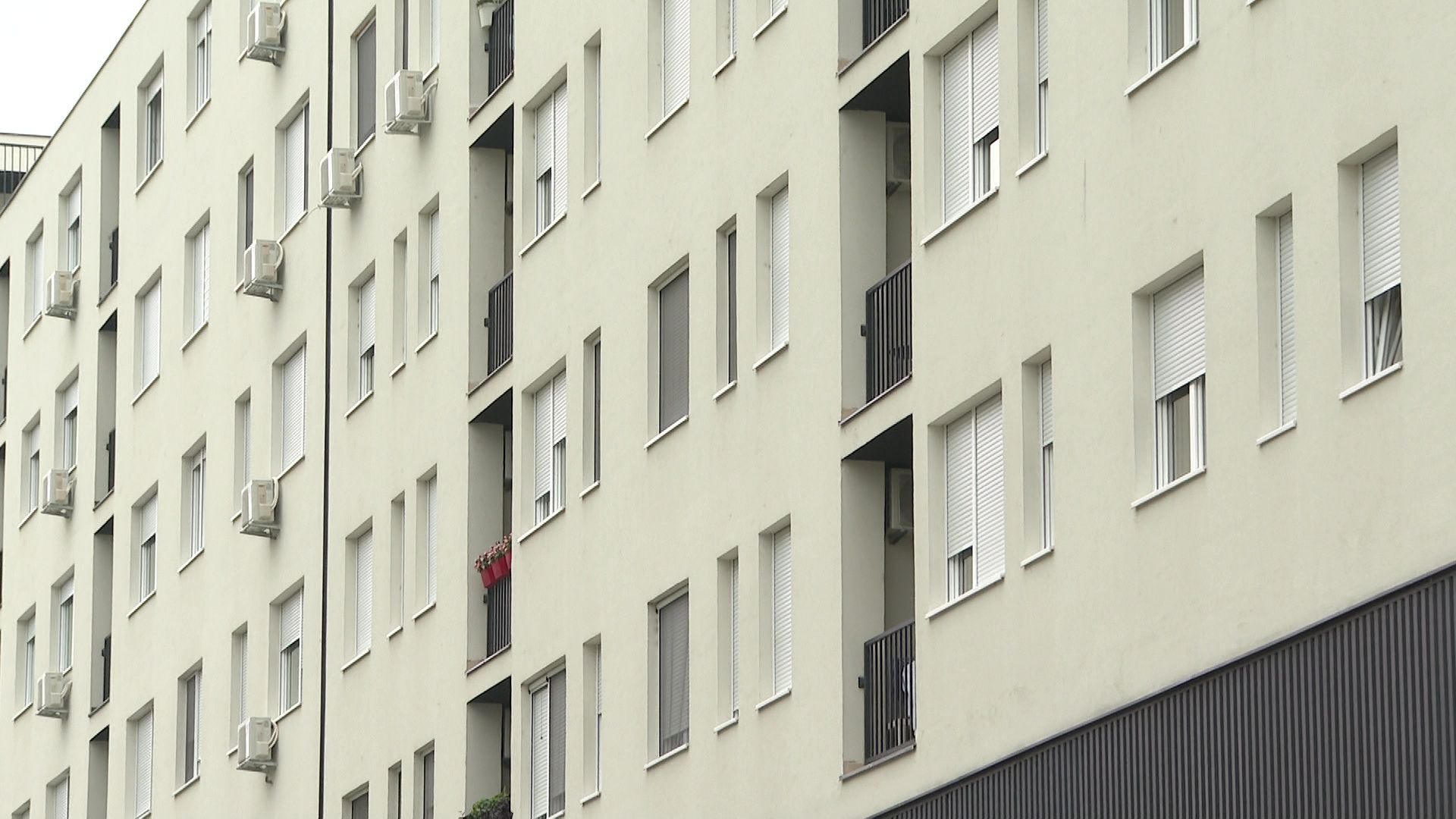
Migration also contributes to huge rent spike
In addition to driving up rents, immigration has negatively impacted wages and the healthcare system in the United Kingdom.
Germany to punish farmers and meat consumers in the name of green policies
Plans are afoot for significant tax hikes on meat products, prompting protests from farmers.

Bird flu and El Nino also affect Easter festivities
Easter basket fillers are giving a headache in the United States.
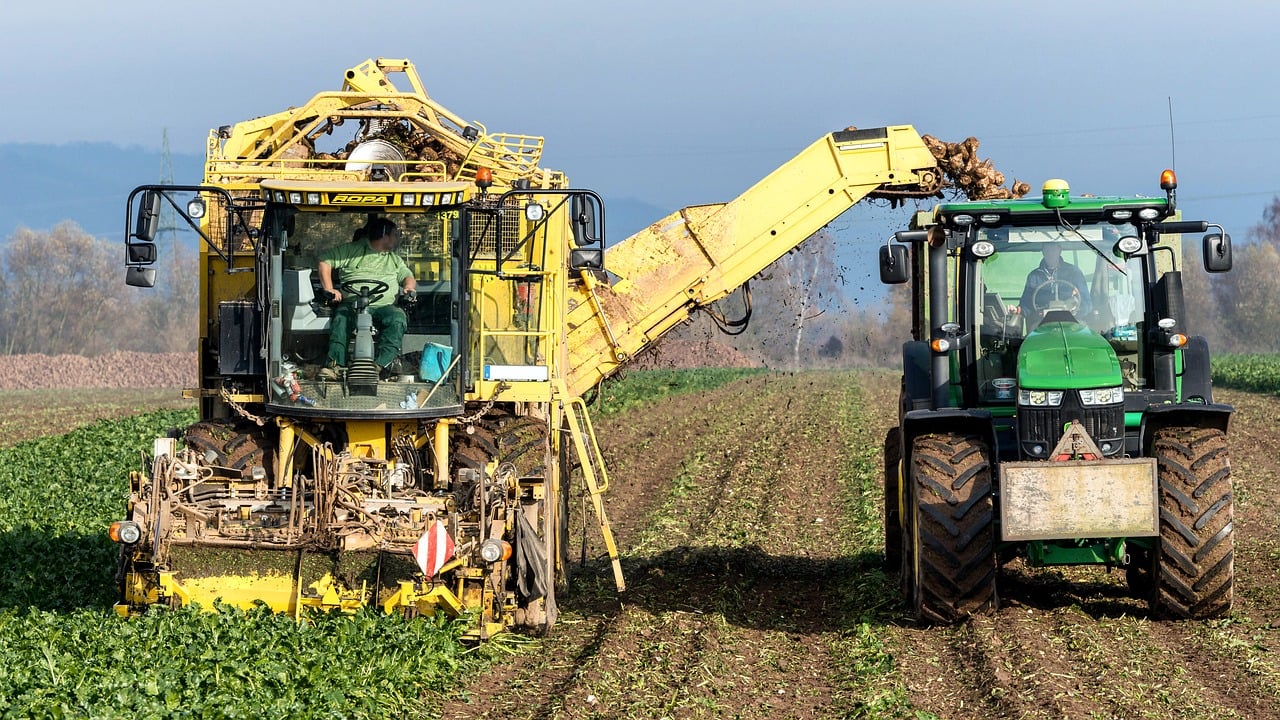
Is Brussels deliberately hurting farmers in the EU?
Brussels is intentionally hamstringing farmers in the EU and making life impossible for them because the elites are in the business of serving external interests, argues Jacek Saryusz-Wolski, a conservative Polish MEP.
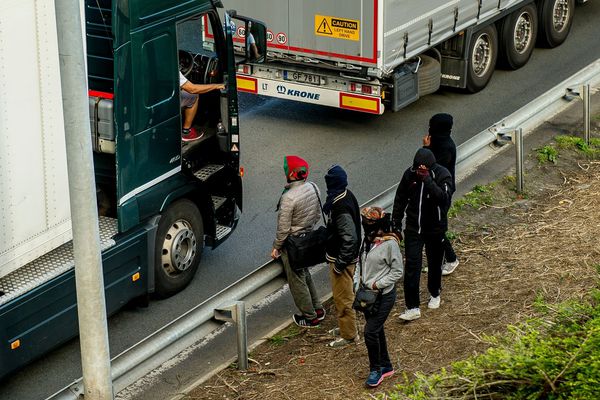
Migration costs weigh heavily on taxpayers
According to some estimates, the federal government's botched migration policy leaves a gaping several trillion-euro-hole in the German economy.

Putin's ploy pushes Germany to brink of economic collapse
The German press has published an interesting story about how two Russian officials have saved Germany from total collapse.

Chinese carmakers spark booming resurgence in Russia's auto market
Amidst sanctions and global inflation, the Russian auto industry continues to soar, snubbing the Western market each month. After the outbreak of the war in Ukraine, many automotive factories left the country, which was relentlessly exploited by Chinese manufacturers who gained massive revenues.

Austrian Right warns of Ukrainian grain dangers
"Pesticide-contaminated and genetically modified grain from Ukraine endangers consumers. When will the government finally protect farmers?"- the Austrian Freedom Party asked.
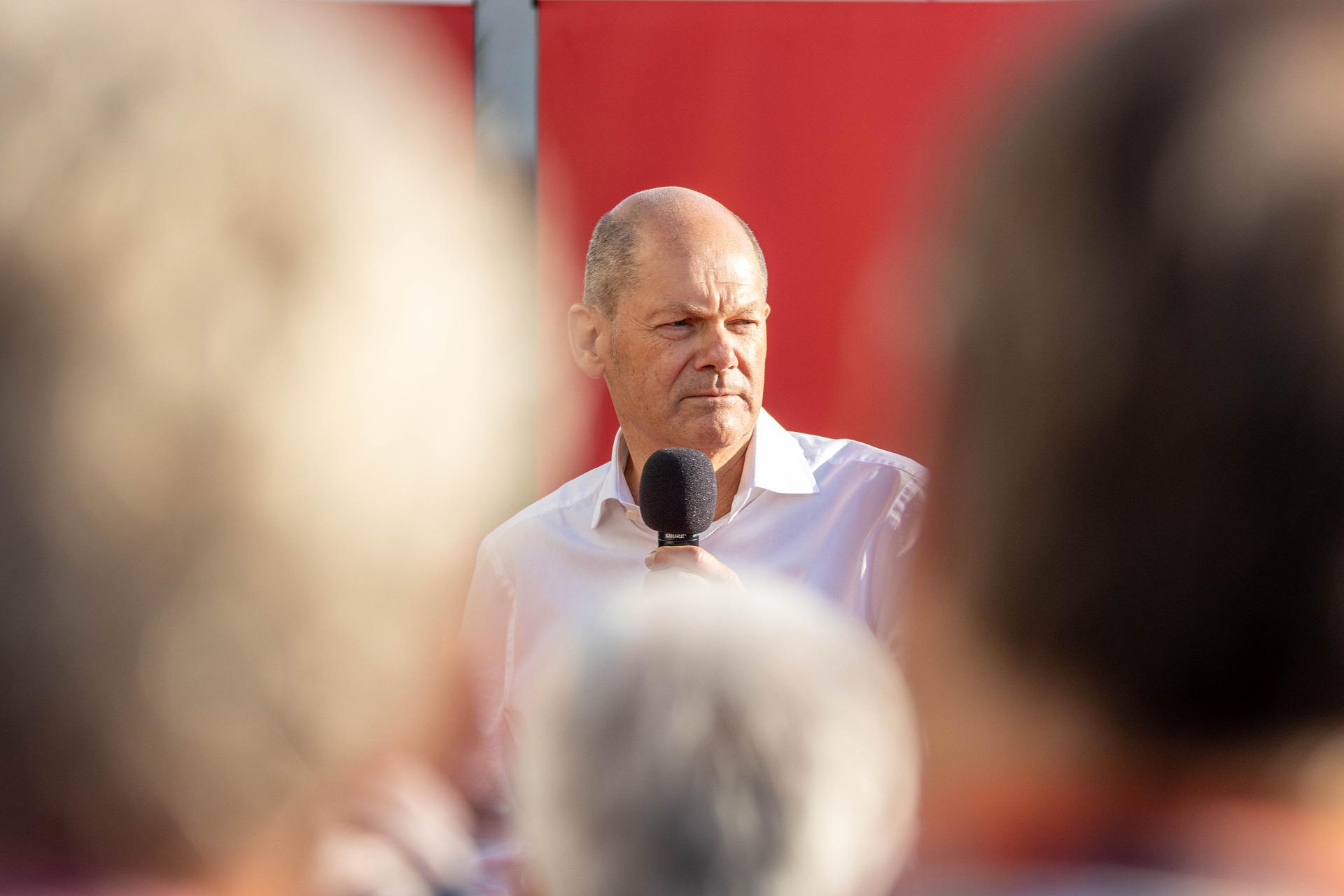
"Germany on track towards a command economy"
The president of the employers' association for the metal and electricity industries has made some serious accusations against the federal government: paternalism, economic planning and naivety are just some of the points on his list.

Heat pumps useless in large proportion of UK homes
Although the government's climate protection targets include the widespread use of heat pumps, Bosch warns that in many homes the appliance is useless.

Germany issues early warning of winter energy shortages
Germany's gas storage facilities are already more full than during the summer of 2022. Nevertheless, the Federal Network Agency warns of potential risks to energy supplies in the winter, calling on consumers to be frugal.

Entrepreneurs sound the alarm: companies go bust almost every day
More and more sectors are sounding the alarm as energy prices spiral out of control, forcing companies to close down one after the other.
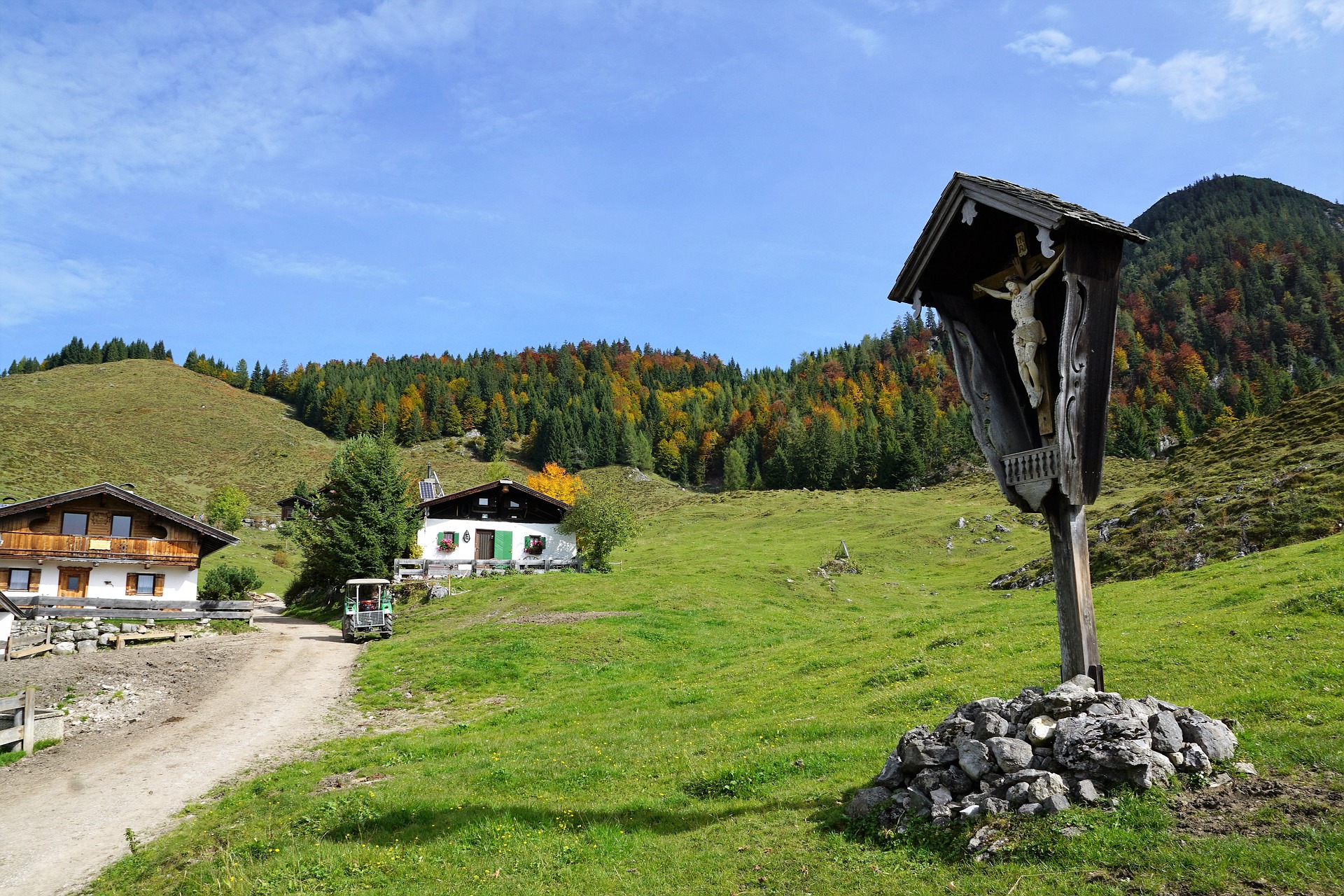
Wave of bankruptcies further increases unemployment in Austria
According to the Austrian right, meaningful action is urgently needed because, contrary to the government, unemployment is not going on holiday.
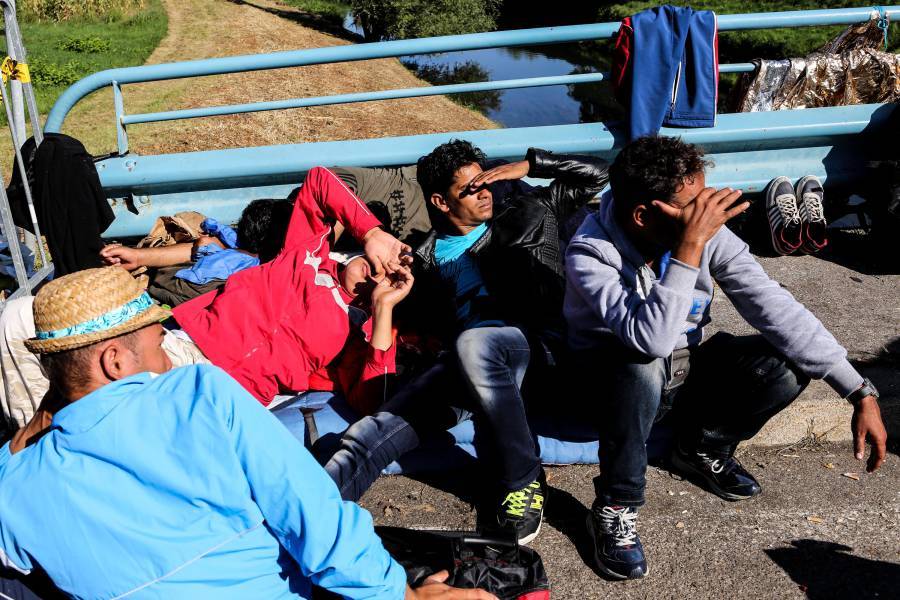
Americans are suffering from Joe Biden's immigration policy
The immigration crisis caused by the US president's policies is raising the costs that average Americans and their grown children must pay for housing.

Energy transition to flop as hopes for cheap green electricity fade away
Germany wants wind and solar power to replace the recently abandoned nuclear and fossil fuels. But the rate of inflation could thwart the government's grandiose plans.

One in five Germans must skip their holiday
The number of Germans unable to afford a one-week holiday continues to grow. Meanwhile, holiday prices in Germany have risen by an average of 20-30% in a single year.

Further proof that mass migration is not the answer
Although one often hears the leftist-liberal arguments from Western Europe that migration is a necessity for the European economy and population, these and similar claims are constantly being proven baseless in France. It is no different in other European countries where mass migration is supported by the government.
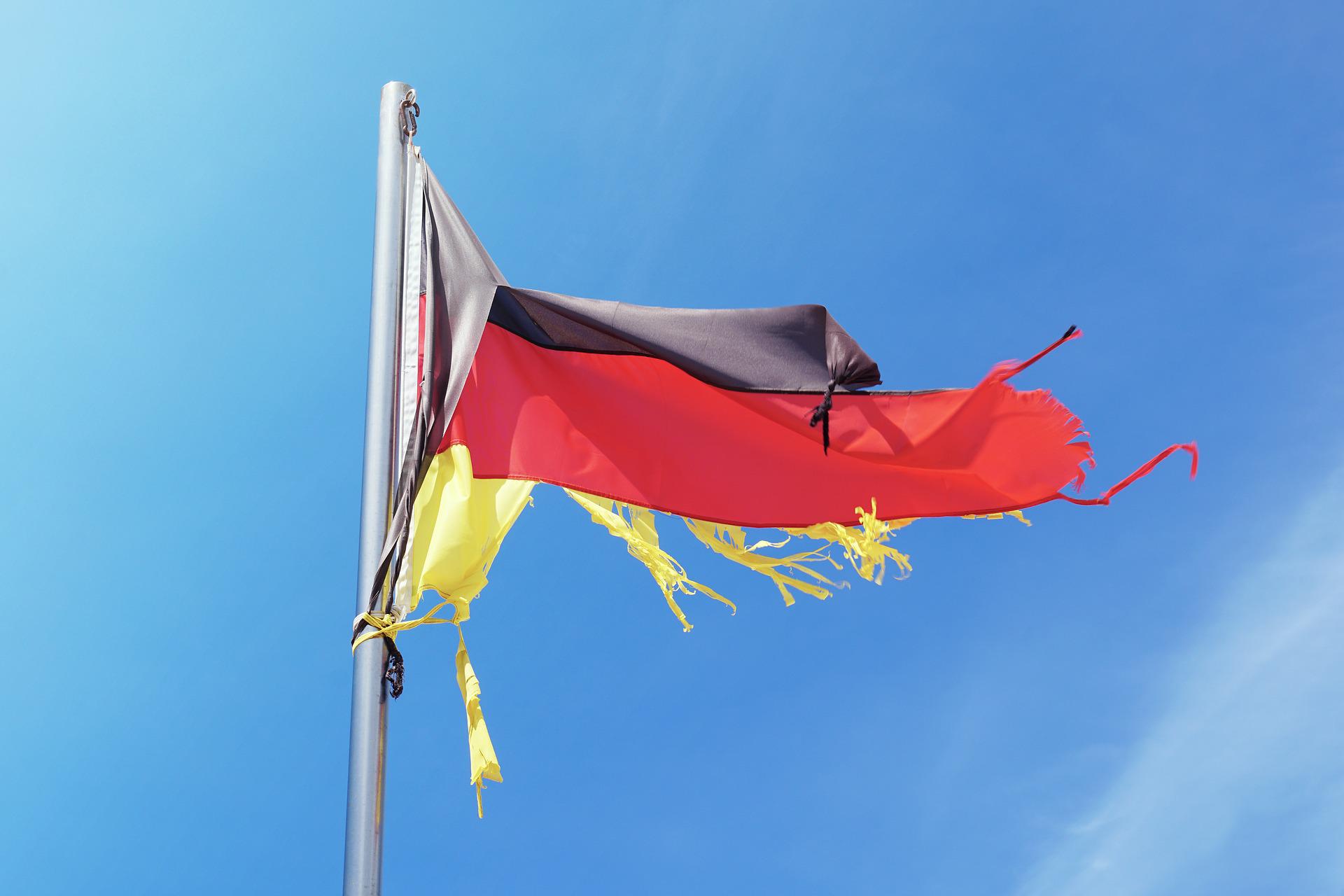
Former EU commissioner: Germany is sick and in need of rehabilitation
Former EU Commissioner Gunther Oettinger has sharply criticised his country. The former state premier said that Germany is sick and urgently needs to find a cure to recover. The politician also criticised his own party, the Christian Democratic Union (CDU).
Too much theft and violence forces stores to close
Many grocery chains are struggling as the ongoing shop thefts and violence have forced them to consider closing their stores. Although they have taken various measures to stay open, they find it increasingly difficult and the fact that many shoplifters, when caught, decide to attack the employees instead of making a getaway, further exacerbates their problems.

UK is addicted to cheap, imported labour, former party leader says
In an interview with Sky News, Nigel Farage shared his view on Britain recording its highest net migration figure in history.

Britain needs to build 250 thousand more houses just for immigrants
British economy faces an almost impossible situation. An increasing number of immigrants would like to settle in the country, but there are not enough flats for them, and the price of the existing ones is rather high due to the shortage. Now the construction industry should be boosted, but the sector has not fully recovered from the coronavirus crisis.
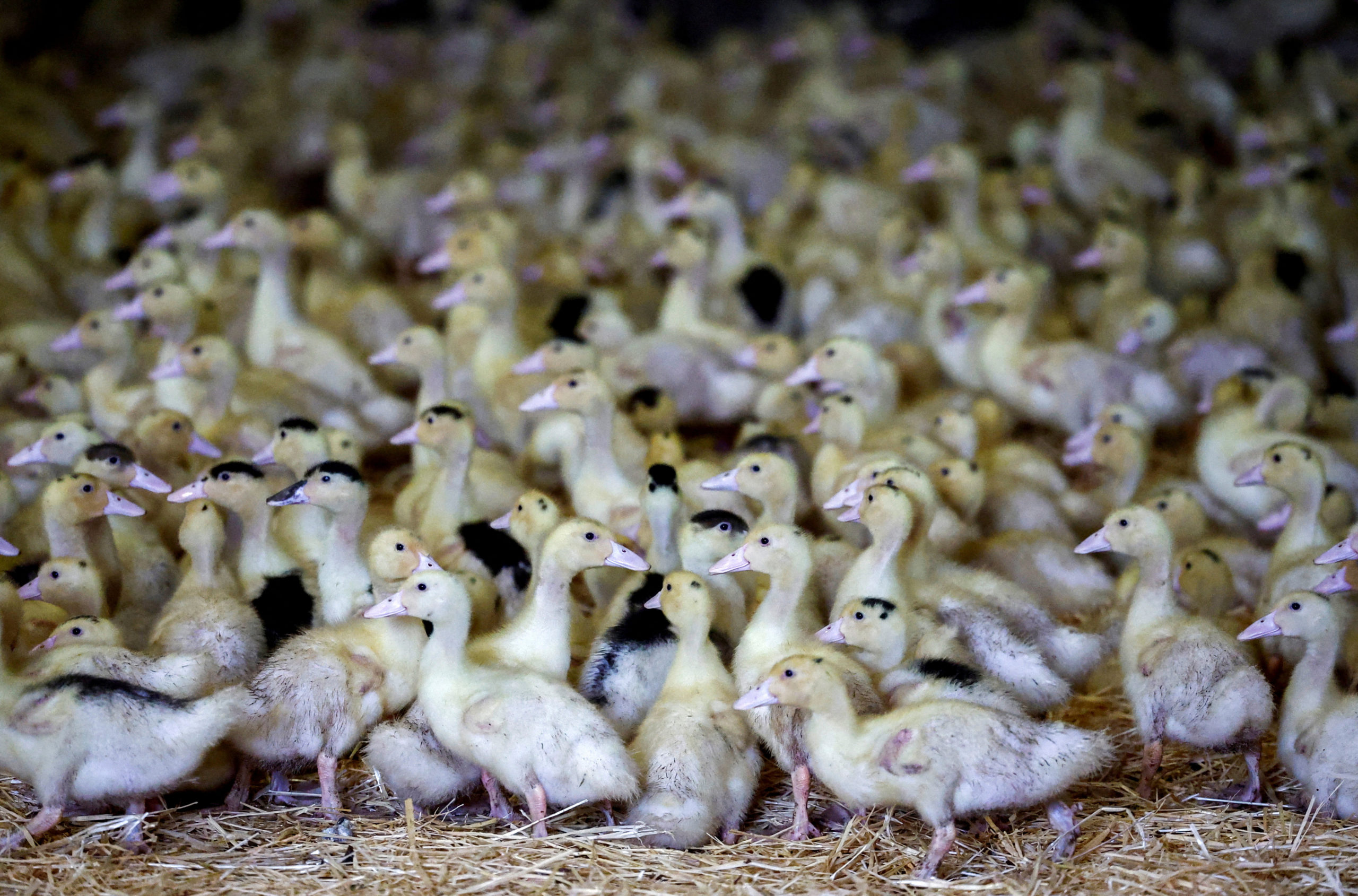
Avian influenza rages in France
Nearly 1 million poultry had to be slaughtered in just a few weeks. Livestock farmers are worried as their livelihoods could be at risk if the situation does not improve.

90 million Americans struggle to make ends meet
An increasing number of people in the US have difficulties with covering everyday expenses, and more and more of them are living on loans. The credit card debt of the citizenry have risen to record levels and people are leaving the country in droves.

"How is it possible that Ukraine is plotting against a NATO country?"
According to leaked US intelligence documents, Ukrainian President Volodymyr Zelensky had plans to attack infrastructure that is of critical importance to a European Union and NATO member state. As a few days ago, the European Commission President claimed she had „no knowledge” about this, V4NA sent a letter to her, the Presidents of the European Council and the European Parliament, the Secretary General of NATO and the Secretary General of the UN, asking them to comment on the issue.

Massive battery factory to be built in France – video
This will be the Taiwanese company's first plant in Europe. French President Emmanuel Macron has expressed his hope that it will provide a much-needed boost to the region's industrial sector. Thus far, the project has not been met with any opposition from either the public or opposition politicians.
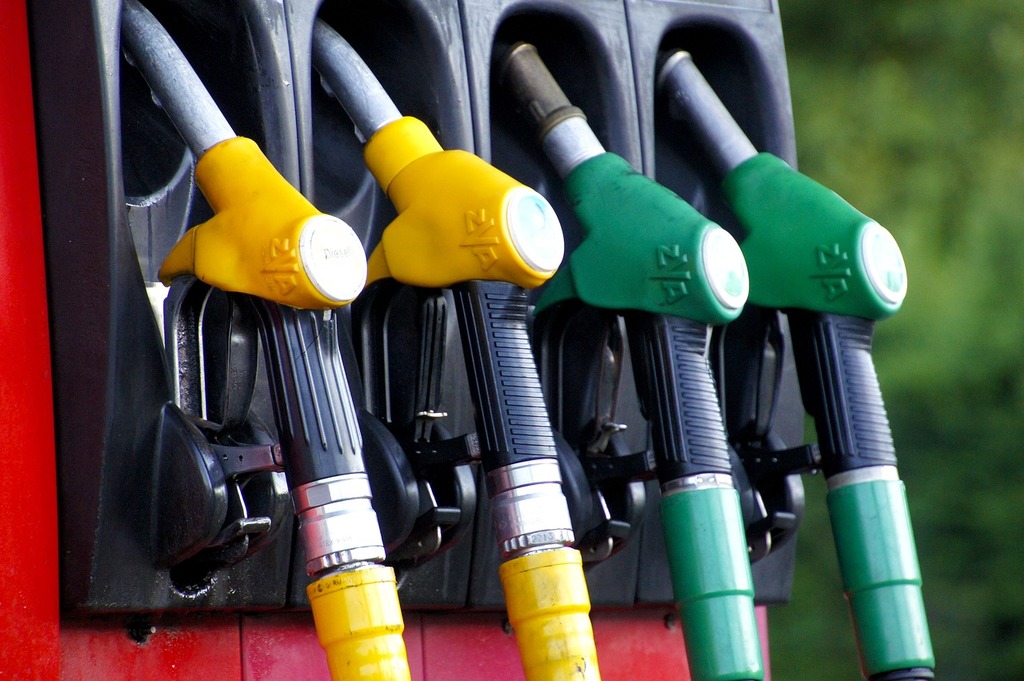
France faces highest fuel prices in euro area – video
France is the only EU state where the price of petrol continues to rise. According to one consumer protection association, price increases are due to high profit margins, but the strikes staged at biofuel and oil refineries may also have driven up prices. The minister in charge of energy transition called on fuel suppliers to cut prices as soon as possible.
Dutch chrysanthemum and tulip exports to Russia blooming
Amidst the sanctions and export bans, numerous products are prohibited from being exported to Russia, including energy equipment and technology, maritime navigation products, and luxury items such as watches and jewellery. However, one important product that remains in high demand in Russia was excluded from the list: cut flowers.
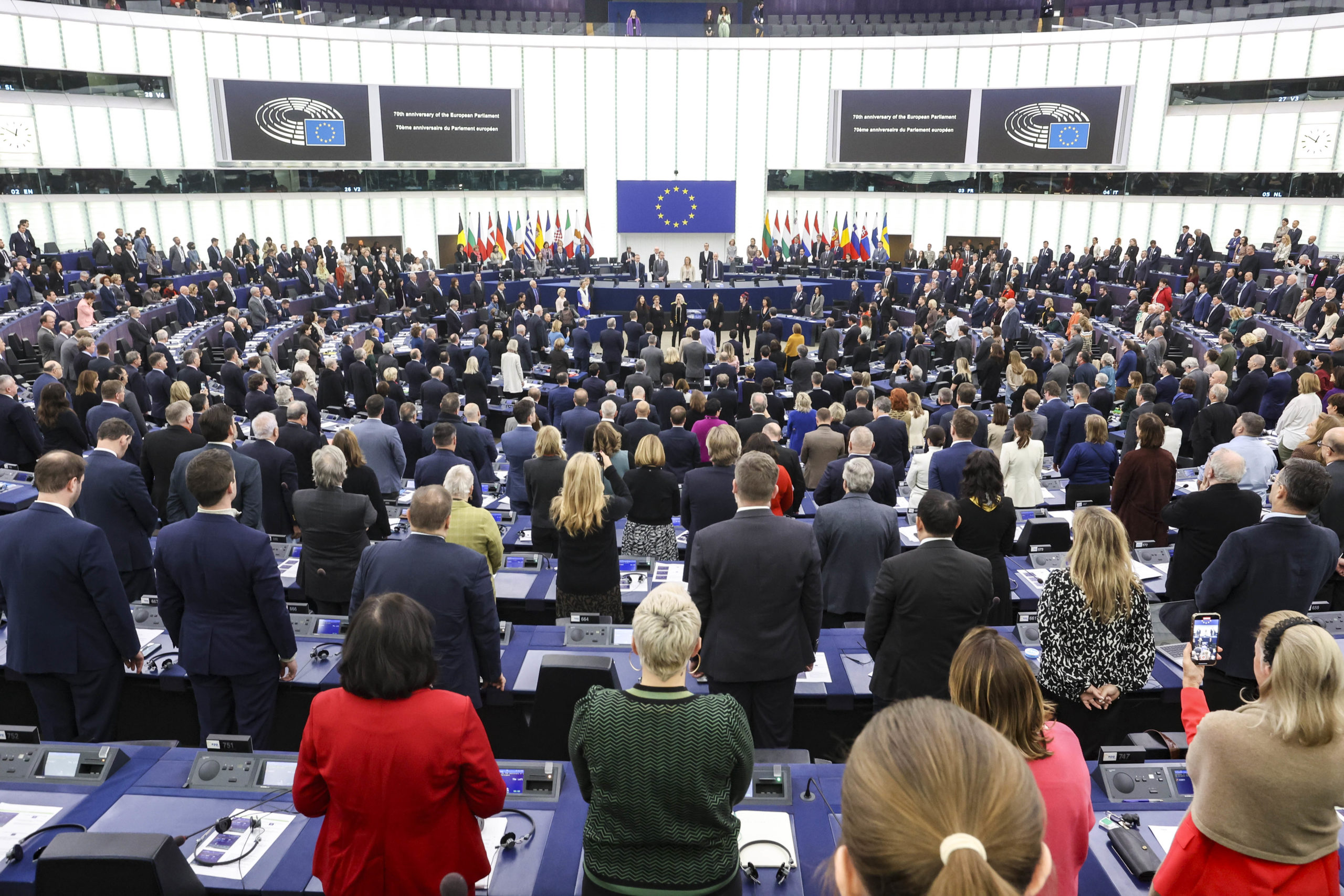
EU taxpayers in for a burden of tens of millions of euros per year
The shortfall in the pension fund is so large that EU citizens may have to be coughing up millions of euros per year.
Climate crisis to keep inflation high
The climate greatly affects the food industry. The prices of olive oil, potato and coffee are rising because of the changes in weather conditions. Extreme weather events, which are becoming increasingly frequent, have a significant impact on harvests and supply chains. All this gives rise to projections that food prices may drive inflation even higher in some regions of the world.
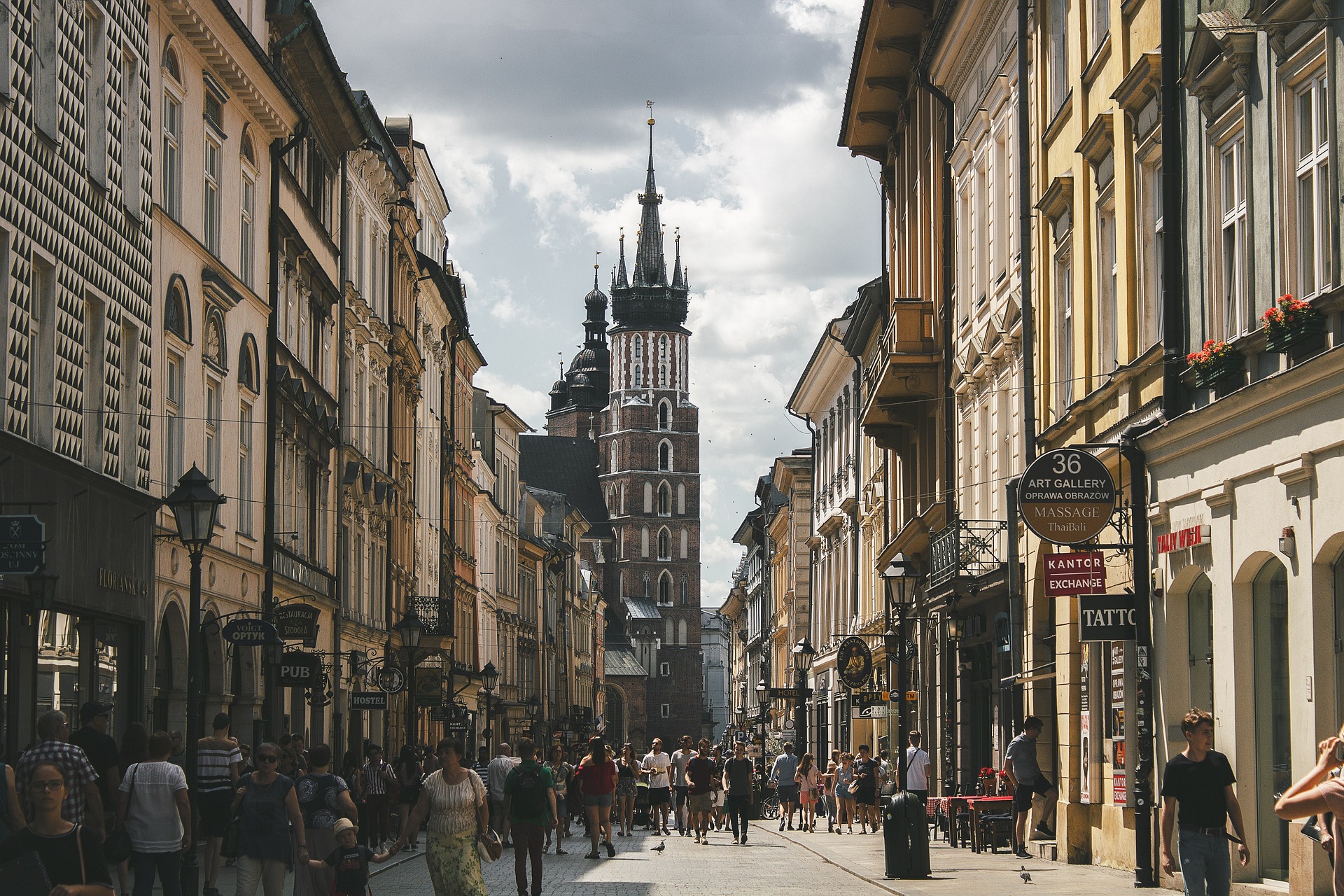
Poles firmly reject EU proposals
In a poll, Polish citizens were asked to give their opinions on the banning of internal combustion engines, restrictions on cash transactions, and the curtailment of member states' competencies.

German fashion companies successively go bust
One German fashion industry company after another is closing down, as they are unable to sustain viable operation in the wake of the coronavirus pandemic and amidst the high inflationary environment and declining consumer purchasing power.

Food prices continue to rise in Europe
Food is getting more expensive all across Europe because of rising raw material and energy prices, but big businesses are also contributing to inflation, a recent analysis shows.

NHS is broken, party leaders say
The British labour party urges reforms in the UK's health care system, as the risk from further health strikes grows.

PM Orban: China-Hungary economic and financial ties to expand
Hungarian Prime Minister Viktor Orban received Tian Guoli, president of the China Construction Bank (CCB), and the bank's delegation in his office, Mr Orban's press chief told Hungary's state news agency (MTI).

Nuclear power ends, major German electric company hikes prices
Electricity provider E.ON's announcement happened to strangely coincide with the shutdown of the last nuclear power plant in the country.

German bakeries close in succession, unable to cover costs
An increasing number of bakeries are unable to maintain their businesses amidst skyrocketing costs and burdensome bureaucracy in Germany. Bakeries are also suffering in the UK, with up to 18 thousand retailers forecast to go out of business this year.
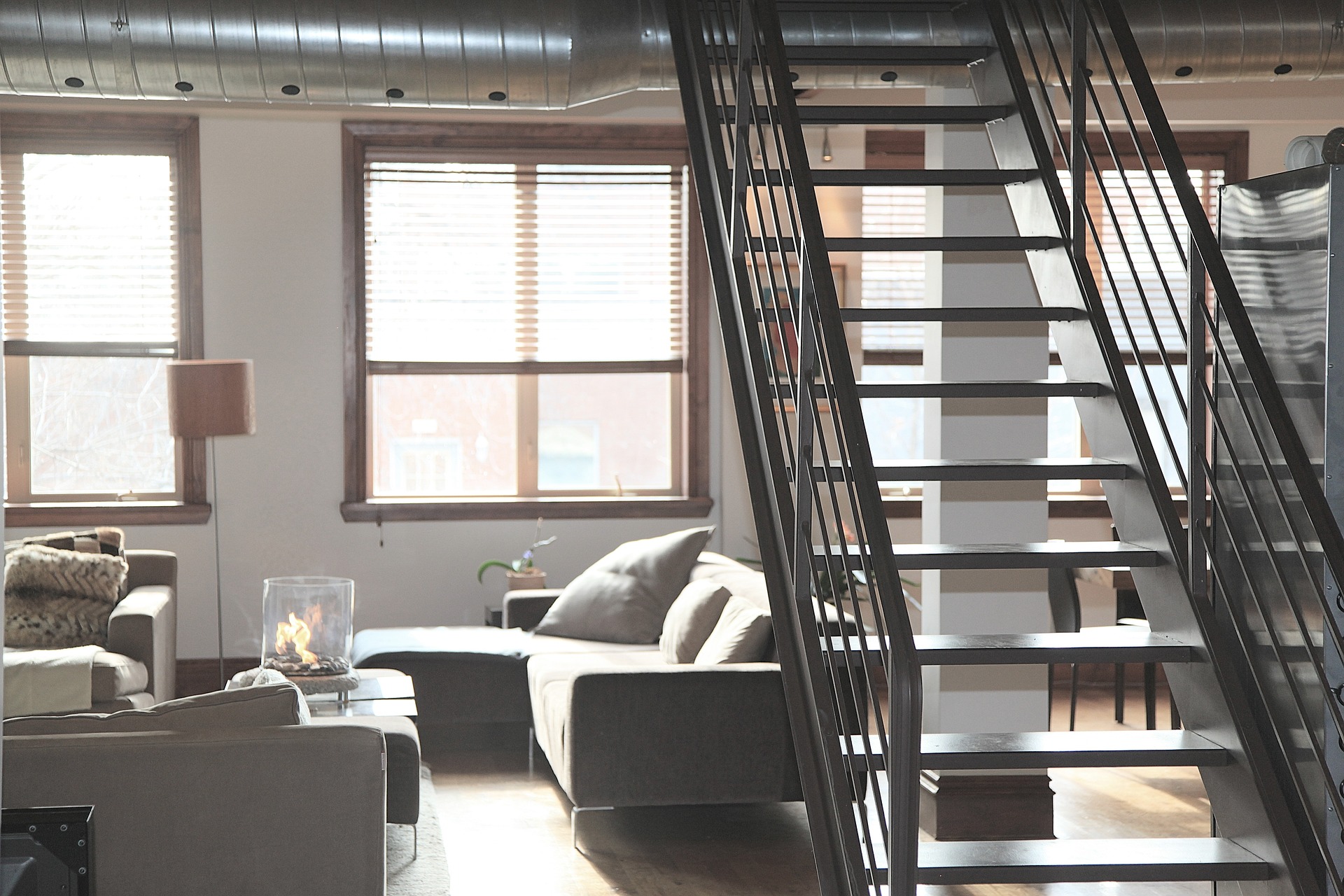
UK landlords exit rental market leaving young people in dire straits
Nearly half a million landlords are expected to sell their properties in the next five years, as the baby boomer generation retires and cashes out. This is set to push rents further up, putting younger generations in a hopeless situation.
Government could save millions, yet squanders amidst crisis
In its review of the 2023 budget, the taxpayers' association has made a number of recommendations to the federal government to put the euro millions it is now wasting to better use in helping people and tackling the crisis.

Expert shortage worsens in Germany
In 2022 over 630 thousand skilled jobs remained unfilled due to the lack of properly skilled workers. Some say the solution is raising wages, while the federal government believes that accelerating immigration could be the answer. Experts warn that both paths may have serious consequences.
Global giant producing Coca-Cola retains leading role on Russia's market of cola-flavoured drinks
In the first two months of 2023, Coca-Cola sales in the cola market reached 14.1 per cent in Russia, compared to 47.8 per cent in January and February 2022. Dobry Cola, a new product produced by Multon Partners, the Russian subdivision of Coca-Cola, achieved a market share of 33.8 per cent.
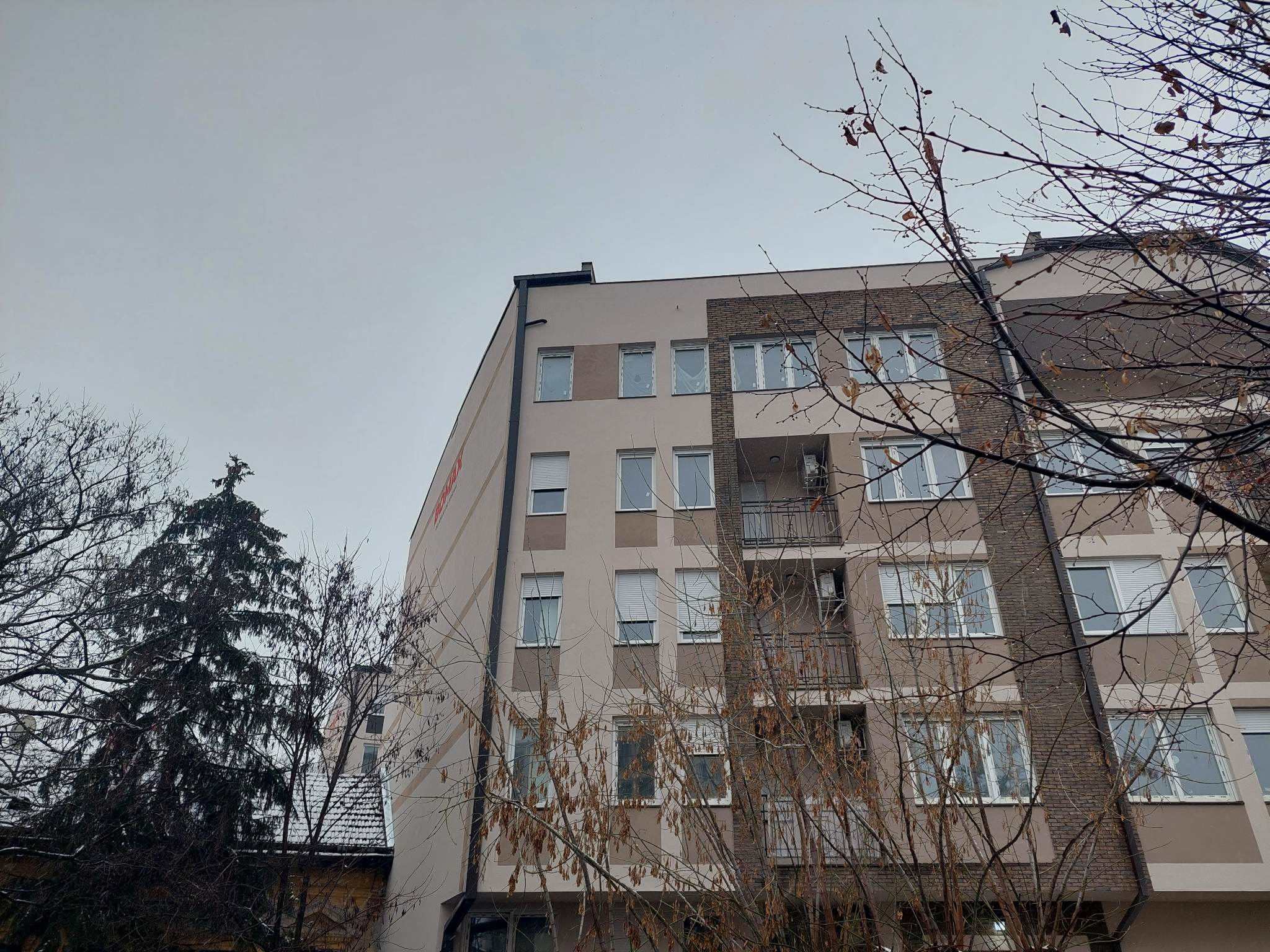
Property market sees major turnaround, renters feel relieved
After a continuous rise in the recent period, rental fees in Serbia have begun to fall. Not only in Belgrade, but also in the country's smaller cities, there is a palpable drop in monthly rental fees. Due to the rising demand, pricess skyrocketed in 2022, with the price hikes affecting not just those looking for a flat, but also former residents. There were many cases when families were forced to give up their rentals in the capital, as that were unable to afford the monthly expenses.
Hungary pulls out of International Investment Bank
Following yesterday's announcement by the US, the Hungarian cabinet reviewed IIB's situation and decided to recall its delegates, according to press reports.
LADA car sales soaring in Russia
In the first quarter of 2023, sales of LADA vehicles were up 21.9 per cent on the same period last year.
IMF: Russia's economy to grow by 0.7 per cent in 2023
The forecast by the International Monetary Fund does not appear to confirm that the sanctions imposed on Russia are working.

French food safety authority playing into Russia's hands -video
The decision issued by the state authority bans the use of a certain insecticide within the country from the end of April, which means that France will not be able to export grain outside of Europe, leaving several North African countries to be supplied by Russia.
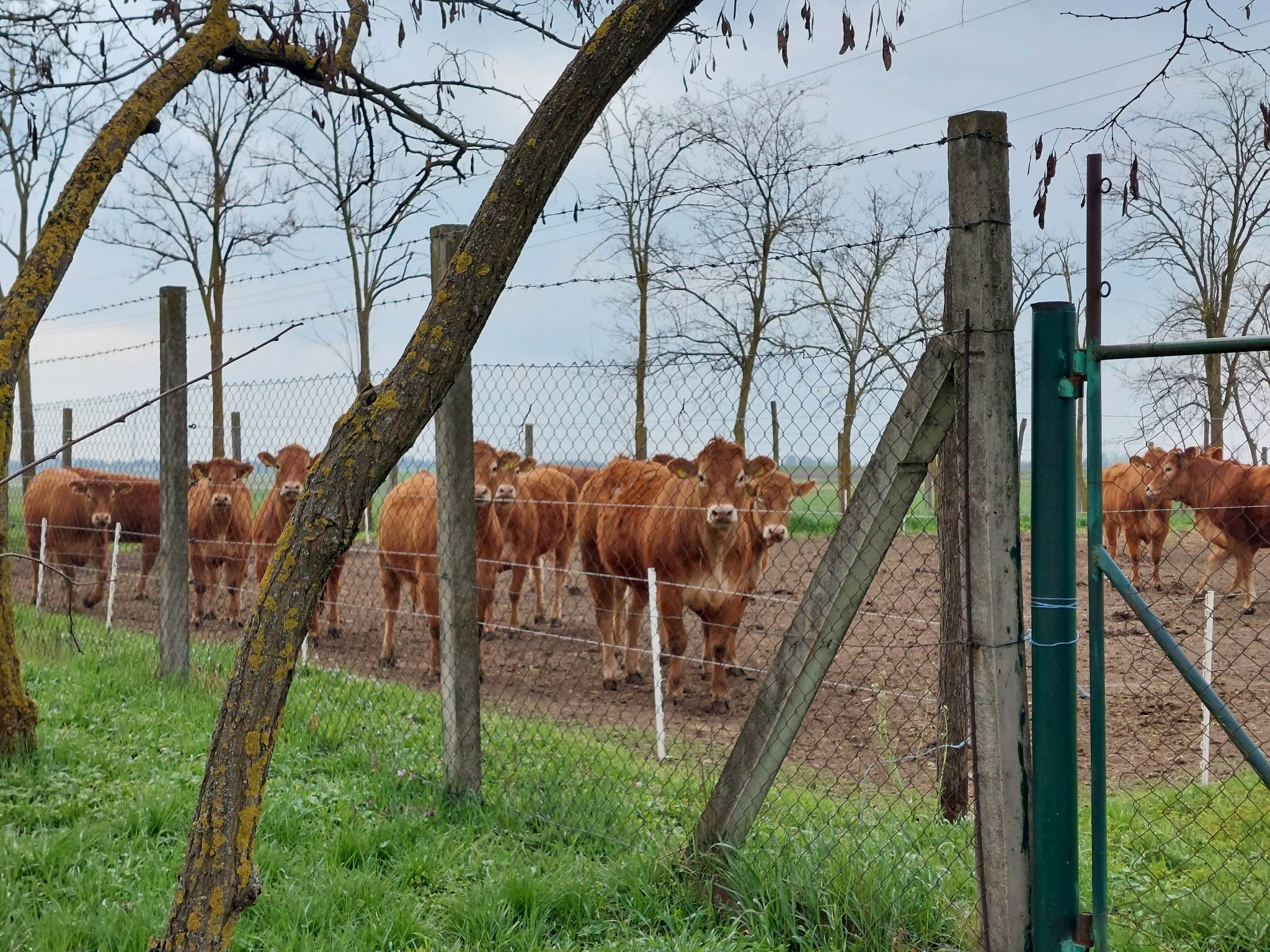
Producers in trouble as milk import grows
As the volume of Serbia's foreign milk import grows, local producers cannot compete with their cheap rivals. Farmers have staged protests all across the country, pouring their milk onto roads or simply giving up animal husbandry. Serbia's introduction of a protective tariff on imported milk is a thorn in the EU's side. The situation cries for a systemic solution, an official from the Chamber of Commerce points out.
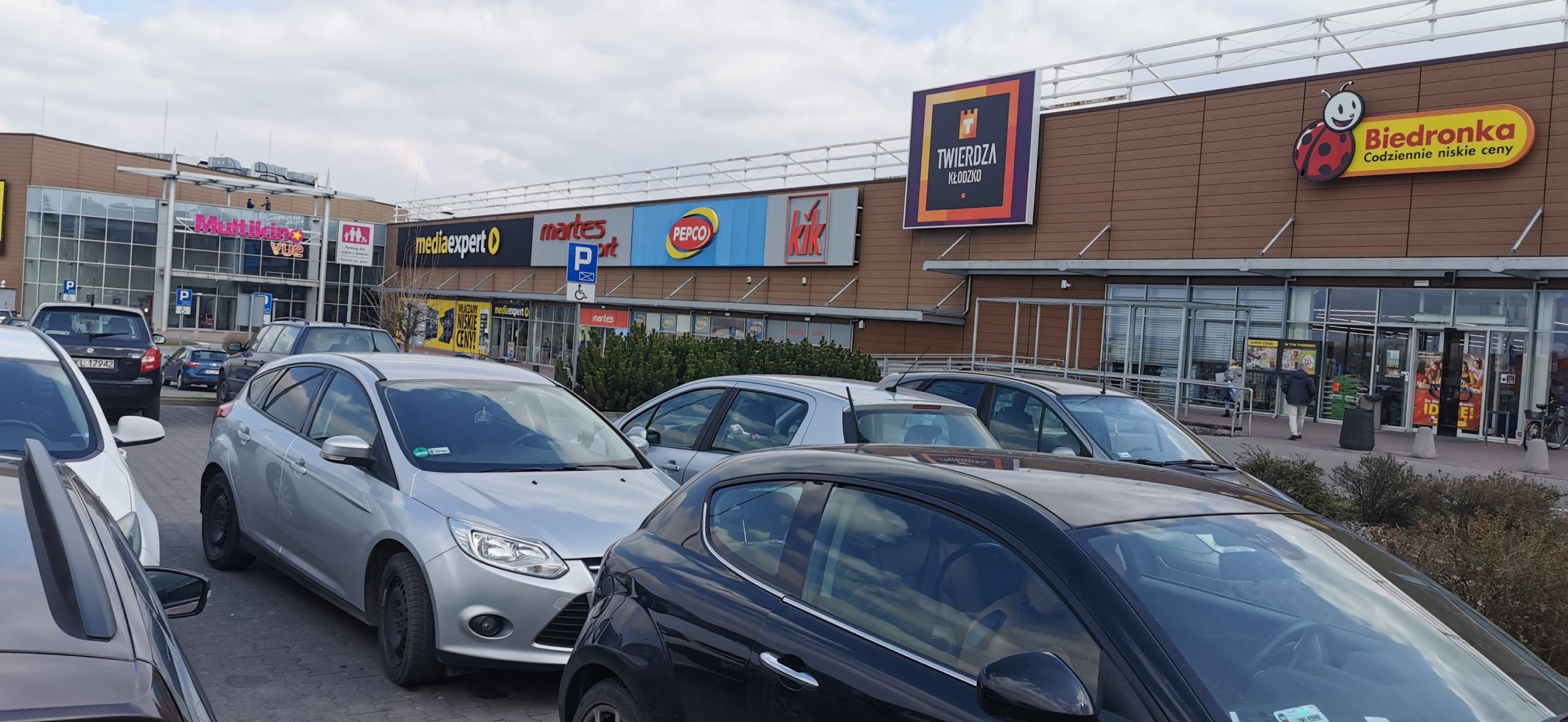
Czechs flock next door in frenzied shopping spree
Czechs can buy most of their basic groceries, fuel, and even drugstore products and fashion goods much cheaper by travelling a few kilometres to the neighbouring country. Some travel companies have increased the frequency of lines between the two countries as more and more people go on one-day shopping trips.
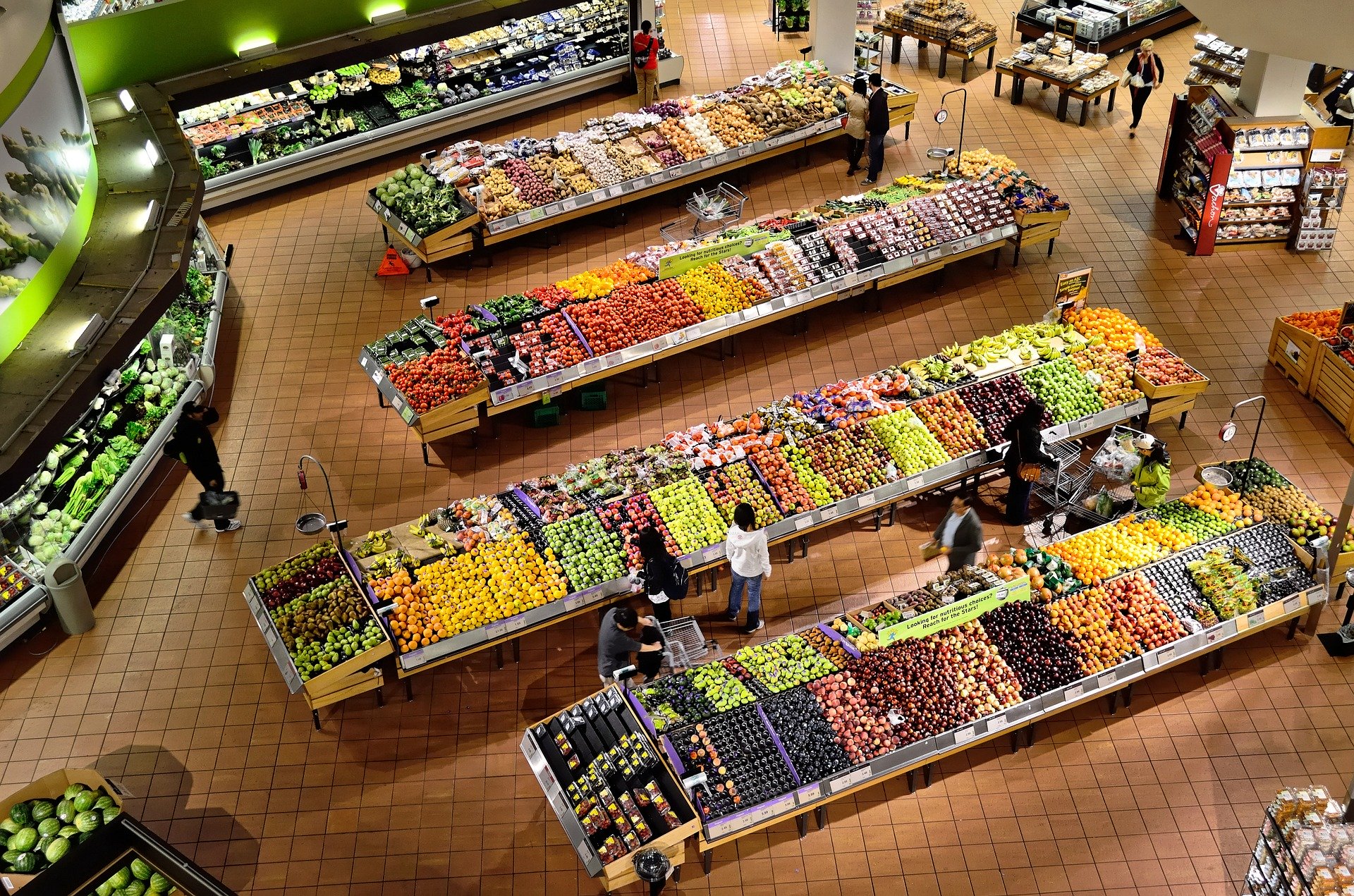
Brexit contributes to high food price inflation
After Brexit, a supply and demand mismatch leading to high inflation is harder to correct, according to economists.

